Padana Chemical Compounds (PCC) is a company based in Ivano-Frankivsk in western Ukraine, founded by Italian investors in 1999. Fast-forward more than 20 years, SIBUR and PCC have become strong business partners, with each passing year working more and more closely on joint projects. Vadim Babij, the owner and Managing Director of PCC, told us about the evolution of the company in a highly competitive market, and the ins and outs of cooperating with SIBUR.
– How long has Padana Chemical Compounds been in business? What products does it prioritise today, and what sales markets does it cater to?
– In 2019, the company celebrated its 20th anniversary. Over the years, thanks to our owned R&D laboratory, we have developed and launched the production and marketing of a wide range of high-tech PVC compounds. Our compounds are used in the production of cables and wires, industrial hoses, rigid and flexible profiles, seals, polymer films, as well as footwear and medical products. Over these two decades, PCC and its DANVIL® brand have earned the reputation as the leader of the Ukrainian market in the high-tech PVC composition segment. All of our products fully meet the current EU technical standards. The bulk of them are sold in Ukraine, Russia, Belarus and Moldova, be we have already started to supply compounds to Western European countries as well. Today, we export about 40% of our output, and each year we are steadily increasing these volumes and expanding sales markets.
– In this competitive and dynamic market environment, why do you think that your company has succeeded?
– We have resolutely abandoned the common view that we should create products whose quality matches the low price agreed with the customer. It is vitally important for us to produce products that meet current standards and are tailored to the client’s needs in terms of quality and technology. Our R&D laboratory, led by an experienced Italian specialist with a 35-year track record at multinational companies in this sector, develops and implements a wide range of specialty grade compounds for various applications with a high level of efficiency. We are particularly focused on compounds used in the automotive, food and medical industries. The expert technical service that our specialists provide to our customers helps them to become well-versed in how to process specialty grades of PVC, and to solve a range of technological problems. What’s more, many of our clients go on to export their own products.
Padana Chemical Compounds’ laboratory is fitted with high-tech equipment.
All of our products fully meet the current EU technical standards
– Which factors allow your company to maintain its leadership in the industry?
– There isn’t some kind of secret recipe, I would say these factors are quite standard. Firstly, it’s the technical equipment used on our production lines and in our laboratory. All of the technological equipment we use is modern, high-performance and energy-saving, and all of our production processes are digitised. Our well-equipped laboratory successfully solves problems both in research and quality control. The second key factor in successfully growing our business is our quality management system, which covers the entire production process. By leveraging effective methods and cutting-edge equipment, we check all aspects of the raw materials and our products, while our production process is monitored by electronic systems that archive data on production parameters in real time. Our highly-trained people are another driver of success: our company has always paid special attention to recruitment, training and linking talent to value. Thanks to the hard work of our team, we are certified to ISO 9001:2015, which is confirmed annually by the well-known firm Bureau Veritas, and we have successfully passed an audit by a Western European multinational corporation to act as a long-term supplier of our products to them. And finally, our flawless business reputation in all markets where we operate – from the sourcing of raw materials to the sale of finished products. Still, I cannot fail to mention the foreign trade association Soyuzkhimexport, which is dear to my heart as it is where I started my career, and where my managers instilled in me, as a young man, the unshakable foundations of business ethics and commerce. I always think back on them fondly.
– You mentioned that your company pays special attention to training its people. In your opinion, which educational projects are currently the most effective?
As well as general-purpose PVC, we produce a wide product range of specialty and unique grades. Our line of compounds for high-temperature cables used in the automotive industry is also in demand (especially for export)
– If a company is faced with the task of not only producing high-tech products, but also constantly improving them, then training comes part and parcel of the system. To put it briefly, keep up with the Western European producers. In fact, at our company, we believe that the execution level of even our day-to-day production tasks largely depends on both the educational level and general cultural awareness of our people. Therefore, we strive to develop professionals: all employees receive ongoing training according to their roles, and training programmes include both theory and practice.
– Which of your products are the pride of the company, giving you a competitive edge?
– As well as general-purpose PVC, we produce a wide product range of specialty and unique grades. Our line of compounds for high-temperature cables used in the automotive industry is also in demand (especially for export), among which, along with the generally accepted operating temperatures of 105 °C–125 °C, there are those that can withstand 135 °C. Specialty compounds that combine non-flammability, low gas and smoke emission, and frost resistance at temperatures down to –50 °C are in high demand. Semi-conductive compounds are also popular, as well as those designed for injection moulding and extrusion when making medical products: the purity of these grades fully meets the EU’s strict requirements. Our customers produce industrial hoses out of our products that are resistant to UV radiation, natural gas, gasoline, diesel fuel and oil. Our product range includes compounds used in products (including specialty hoses) which meet the technical standards required for use in the EU food industry.
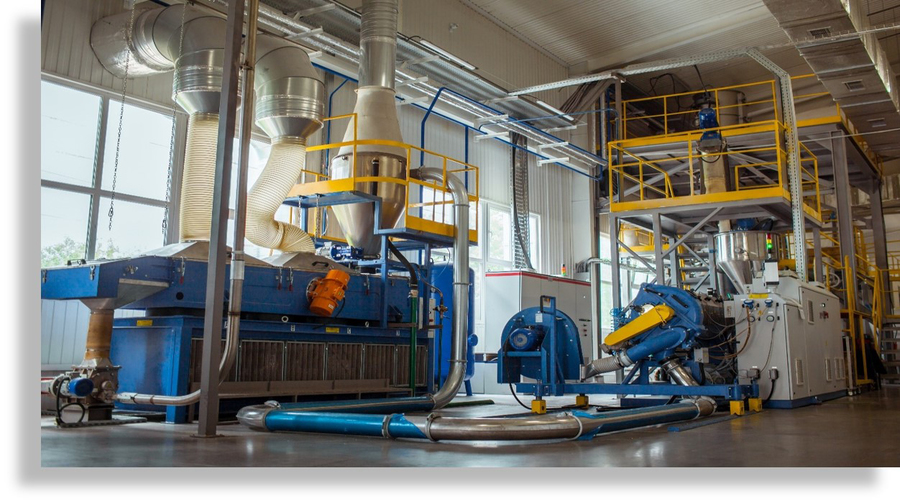
Production floor at Padana Chemical Compounds is in perfect order. (Pictured – the production line).
The need to grow our PVC compound business for the medical industry and also for the food industry, including specialty grades, has become even more obvious to us. It should also be noted that current technical standards in the EU countries require Dioctyl terephthalate (DOPT) of appropriate purity to be used in these compounds
– The COVID-19 pandemic has become a serious challenge for the global economy. How has the balance of power shifted in your industry? What are the positive and negative effects of the new economic reality on your business?
– The new economic reality has not brought anything positive. Trends fr om the beginning of autumn 2020 demonstrate that the volatility in the global raw materials market continues to intensify. This instability has had a significant impact on the PVC compound market. It is difficult to predict precisely what effects this will have in the near future.
In 2020, Ukraine introduced an 18% tariff on imports of PVC resin, regardless of its origin, while allowing PVC compounds to be imported into the country free of any tariffs. These actions were certain to seriously damage not only the economics of our own value chain, but also those of other producers processing PVC resins in Ukraine. We continue to feel the effects of this very peculiar step, which are reflected in the loss of market share.
It is also worth noting that last year, for the first time in many years, the markets for basic materials experienced a shortage of PVC resins and plasticisers, and, as a result, prices for these goods increased.
The situation is still strenuous, but various producers have now chosen a different operating strategy in the market. Some are acting opportunistically, according to the famous ancient principle of “seize the day”. Others are implementing a marketing strategy based on retaining strategic and promising clients, standing out based on, among other things, their strong business ethics. PCC has chosen the latter option.
The need to grow our PVC compound business for the medical industry and also for the food industry, including specialty grades, has become even more obvious to us. It should also be noted that current technical standards in the EU countries require Dioctyl terephthalate (DOPT) of appropriate purity to be used in these compounds. We see great potential for growing this business in Russia and other CIS countries, including import substitution.
It is essential to introduce modern technical standards for products, and also to establish effective controls to ensure that these standards are strictly complied with
– In your view, what steps need to be taken to further develop the industry?
– First of all, from the point of view of any state, it is essential to introduce modern technical standards for products, and also to establish effective controls to ensure that these standards are strictly complied with. Otherwise, even a sincere desire to manufacture products to high technical standards will not be fulfilled due to economic considerations.
Second, we need to form a cluster of competitive polymer-processing businesses sharing the vision of producing products that match the levels of leading Western European companies. Moreover, it is possible to create a cluster that doesn’t take the traditional form of a geographical concentration of assets, but comprises an association of producers who belong to the same production chain. Our company is prepared to play an active part in this from the very start. A high-priority aspect of our partnership with SIBUR could be the production of a plethora of PVC compounds which use SIBUR’s DOTP and comply with the current EU standards for domestic producers in both the medical and food industries.
At Padana Chemical Compounds, all employees receive ongoing training tailored to their roles.
The high level of trust that we have in SIBUR products, as well as in the way they run their business, has allowed us to include DOPT in our PVC compounds that have become a part of our industrial cooperation with European multinationals
– How are your ties with SIBUR evolving? Tell us about your experience of this mutually beneficial partnership.
– The products that we purchase from SIBUR are always of the highest quality. Our company was one of the first to widely use DOTP plasticiser in our production process, which has great potential for markets with very high demands in terms of product standards. We have been sourcing DOTP from SIBUR for a long time and, having compared it to similar products from leading global producers, we were convinced of the extremely high technical standards of the SIBUR product, as well as its consistent quality. One can only imagine the colossal effort that lies behind these brilliant results, not just in terms of technical quality, but also from commercial and organisational points of view. We should not forget that no vacant niches are available in the global market, and there is a constant struggle for every segment of it. We mostly do business with SIBUR’s Vienna office, which is always acting with integrity in its dealings with clients, but also firmly and competently defends its interests with a focus on fostering long-term, strategic relationships. This approach doesn’t just merit respect but also encourages continued partnership. I’m not just paying lip service here. The high level of trust that we have in SIBUR products, as well as in the way they run their business, has allowed us to include DOPT in our PVC compounds that have become a part of our industrial cooperation with European multinationals. We have now begun working with SIBUR on a number of other projects.
– How do you view the outlook for these joint projects with SIBUR?
– We will, without doubt, continue to develop the closest possible partnership with SIBUR in our PVC compound production, with subsequent sales to Western Europe, wh ere DOPT is already widely used.
I imagine that SIBUR is undoubtedly concerned with stimulating development in the domestic Russian market, first of all, by way of implementing forward-looking projects, in partnership with qualified processors. It is clear that it is not just a domestic market that should develop, but also a market made up of businesses that are competitive on the European stage – polymer processors throughout the value chain, from PVC compound production to the manufacture of finished products. Of course, we have a daunting, multifaceted and wide-reaching task ahead of us, one that we should strive to solve based on the recognition of our common strategic interests.
Download PDF

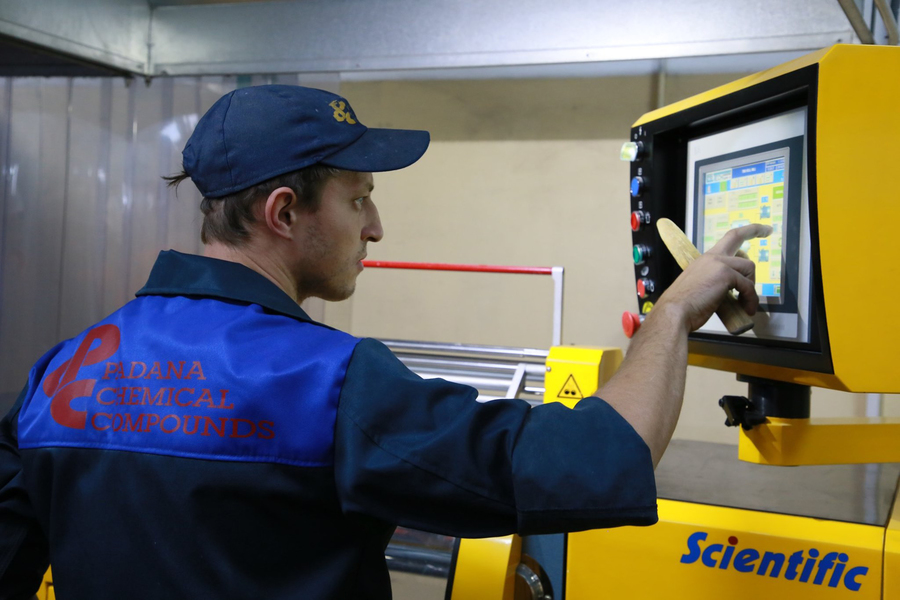

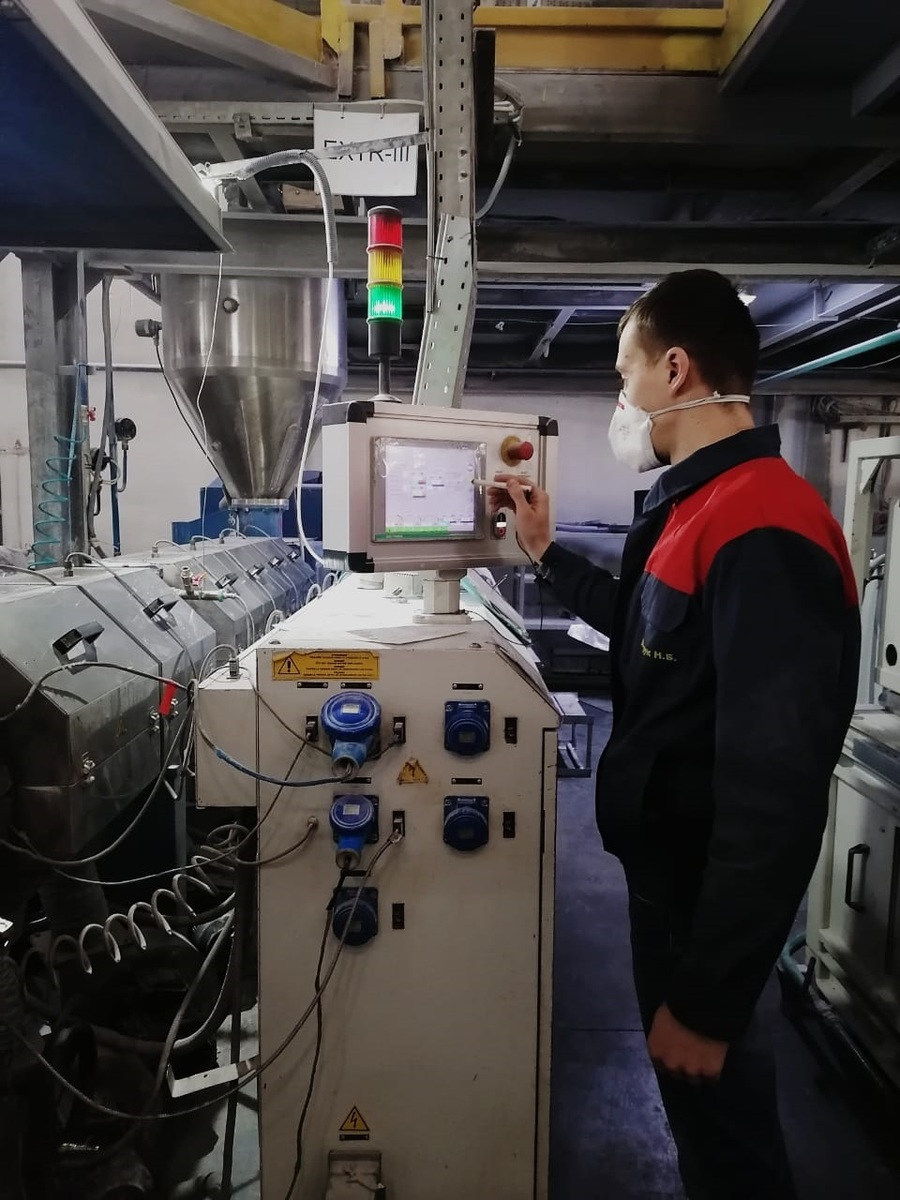


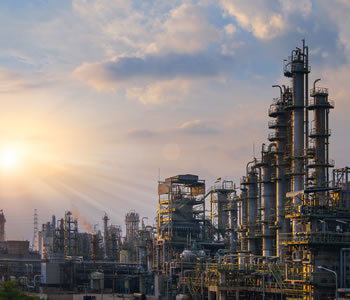
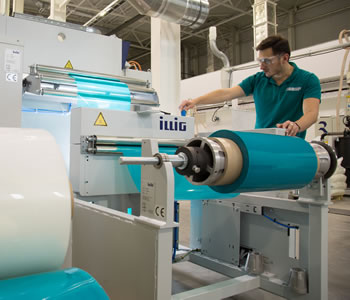


Vadim Babij
Owner and Managing Director, Padana Chemical Compounds